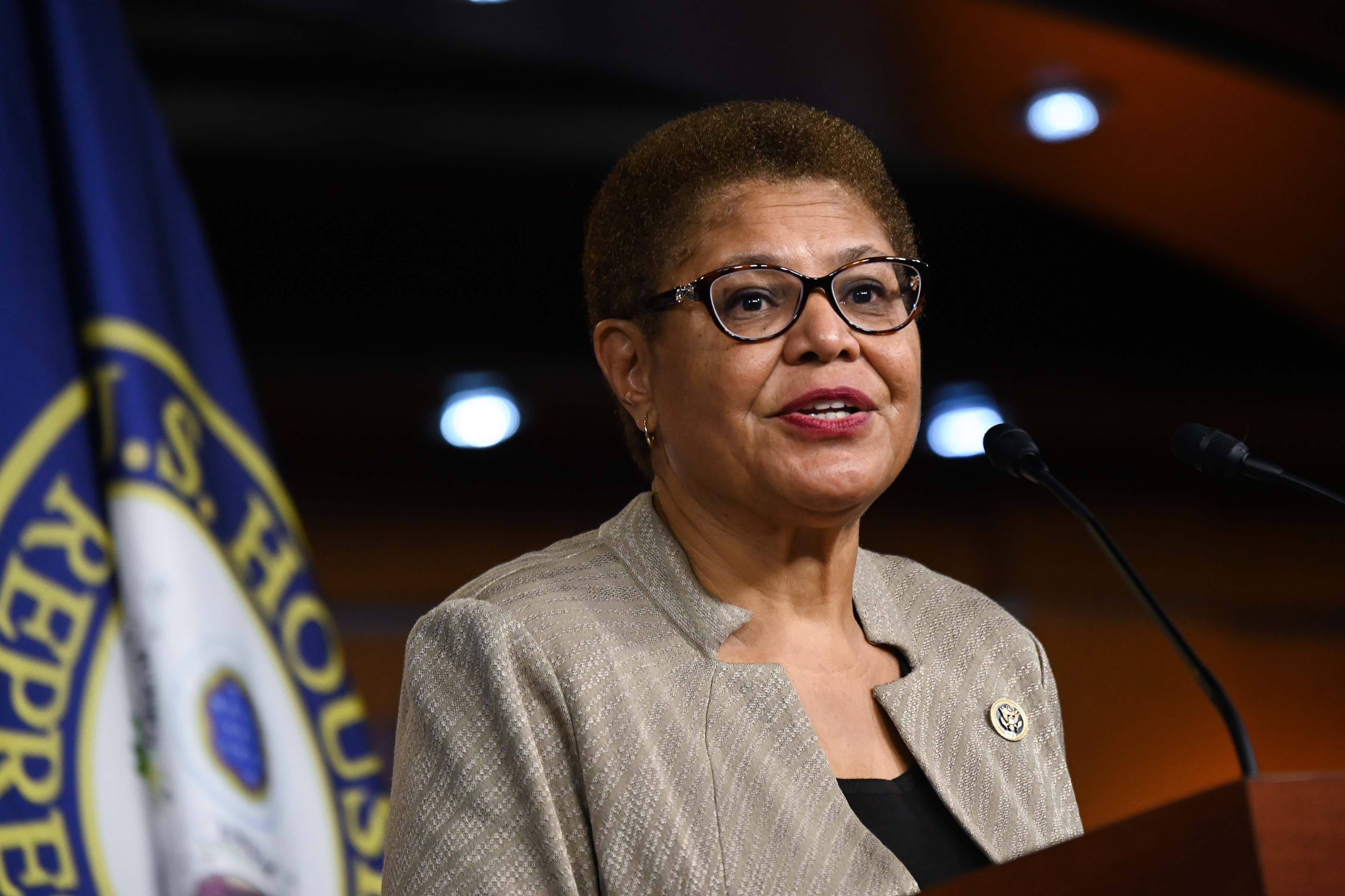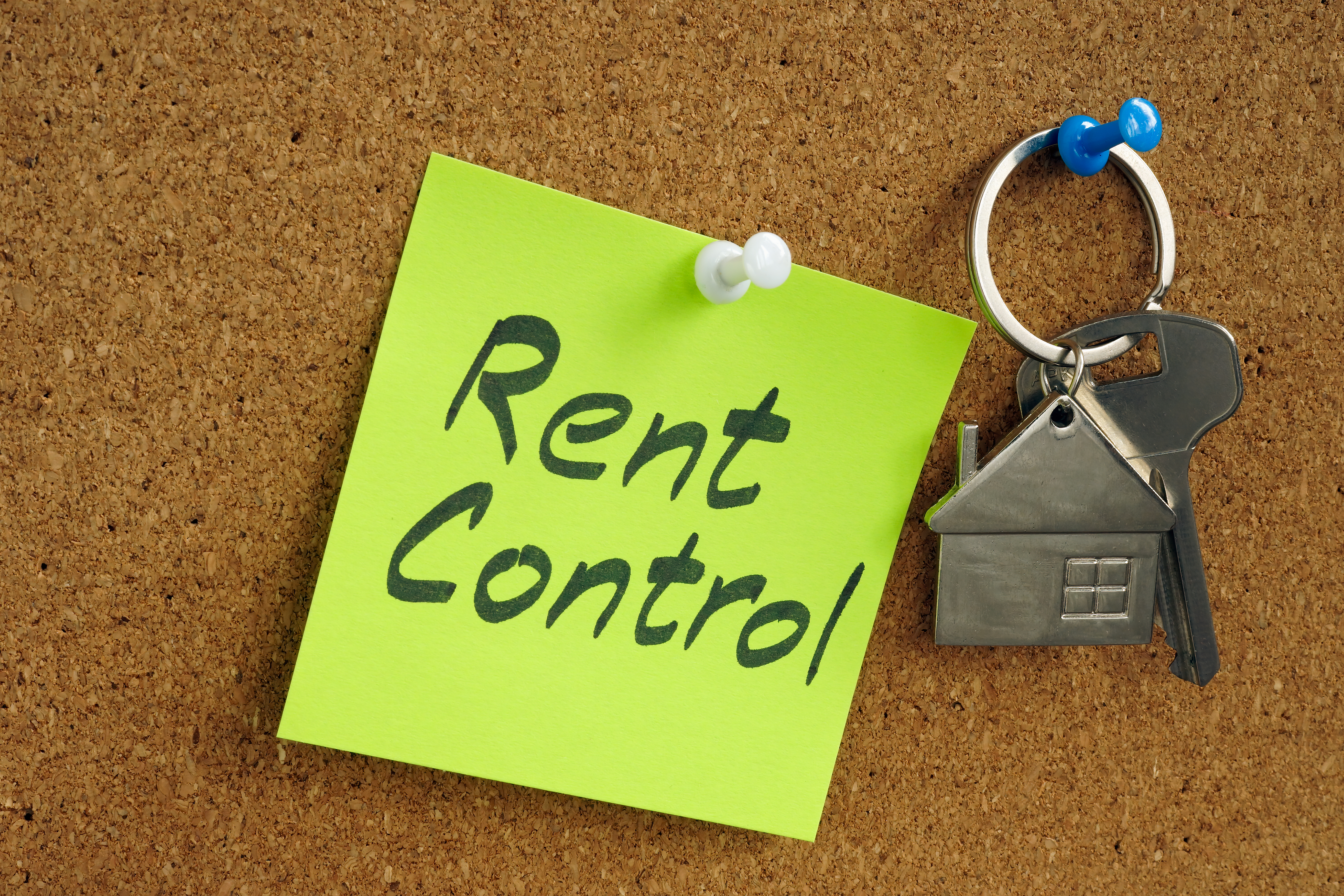California will soon begin requiring fast food restaurants to raise their minimum wage from $16 to $20 an hour.
But restaurants say a higher wage could mean fewer workers.
Amir Samadi runs a popular Round Table Pizza shop in San Jose near the Oakridge shopping center.
He considers himself a good employer, through good times and bad. For example, Samadi points out he did not lay off any workers during the pandemic, or cut their hours.
Get top local stories in Southern California delivered to you every morning. Sign up for NBC LA's News Headlines newsletter.
But now, as the state gets ready to up the minimum wage for fast food workers, he is not sure if he can afford that change.
“As an owner or employer, you have to have coverage to pay them. If you cannot, you have to shut your door, or, they’re gonna lose hours,” said Samadi. “Any way, it’s going to a lose for both sides, either employer or employee.”
Some have suggested the wage hike could be covered by raising prices, but Samadi said passing the cost to customers is not as simple as it might sound.
California
News from across California
“We cannot just out of nowhere change the prices for people who are gonna go elsewhere. There’s a lot of options out there,” he said.
The new minimum wage applies only to designated fast food employees who work for places that sell food and drinks for immediate consumption, and applies to the bigger chains with at least 60 establishments nationwide.
The South Bay Labor Council, and many other labor organizations, supported the change, calling it a “job creator” not a “job killer.”
“I think the data tells us that small businesses in particular save money by investing in their employees. You have to do less spending on training. Less spending on advertising. And when someone has just one job, they’re more focused on that job,” said Jean Cohen, executive director of the South Bay Labor Council.
Some Bay Area fast food workers said they worry about the impact on their employer, but also say they need the money to keep up with the cost of living.
Customers at Samadi’s Round Table say they sympathize with all sides -- employers, employees, and customers.
“Everything is getting higher so people need to make more money for that, and rent’s getting higher, so it’s understandable from both perspectives,” said Gigi Vigil of San Francisco.
The new law also establishes a Fast Food Council which, among other things, will monitor the change to see if there should be any more increases in the future.



